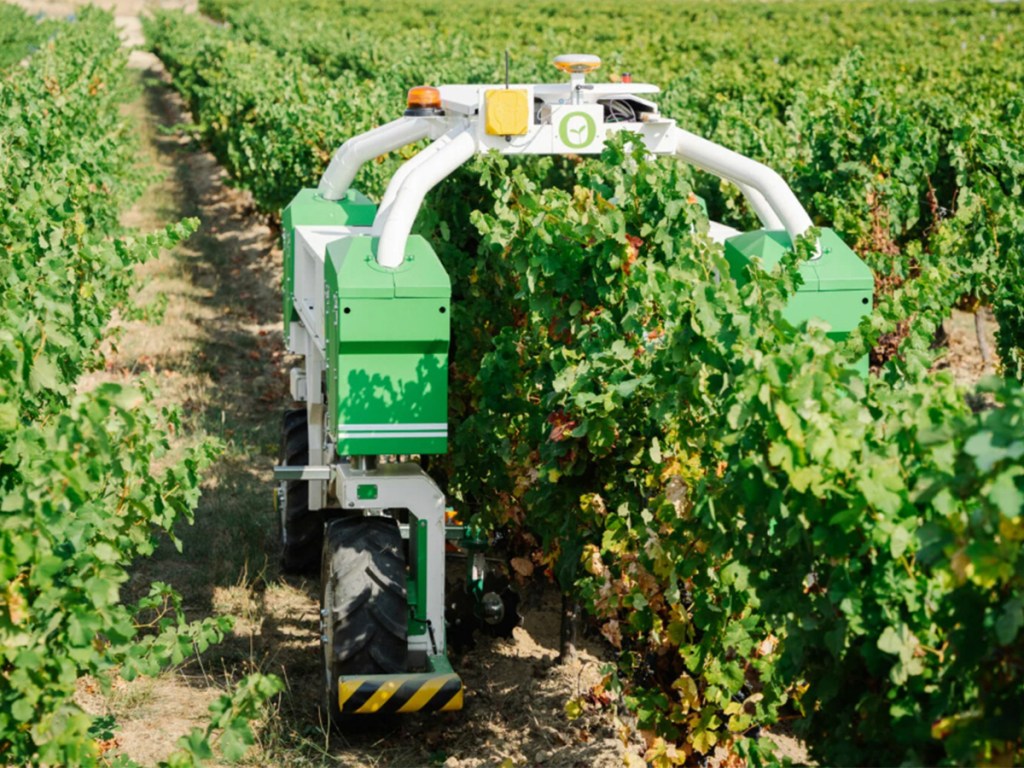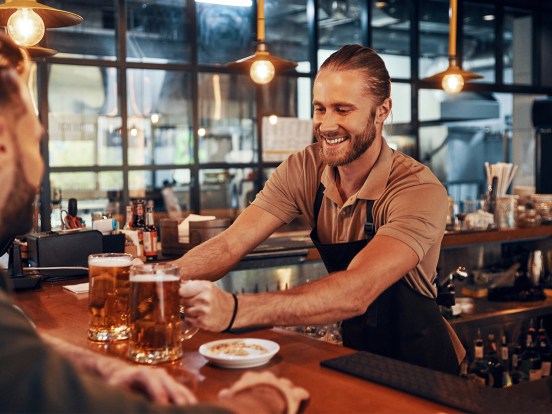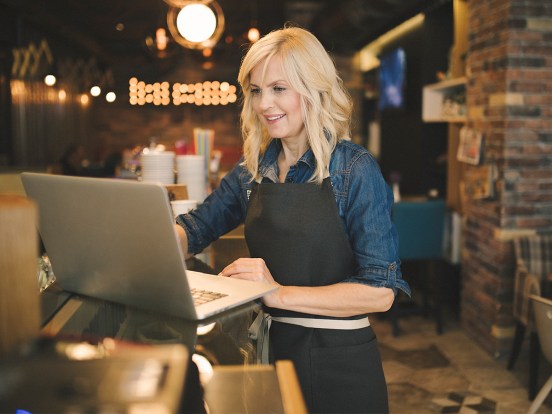Part of wine’s allure lies in the story of the small farmer toiling in the vineyards, working the soil, caressing the vines planted by her grandfather or great-grandfather, stomped by blistered feet that lovingly tread the family path. It’s a romantic story.
But like the difference between Cinderella as told by Disney and the tale told by the brothers Grimm, the price of that romance is all too often hidden within silver slippers: the difficulty of finding and keeping skilled vineyard teams; and the difficult and irregular terrain they have to work.
Technological developments are now pointing to a promising, if highly technical and hotly contested, solution: artificial intelligence.
Robotic advancements in imaging, positioning, and learning over the last few years are not only creating sustainable solutions in the vineyard, but also opening the possibility of organic and even biodynamic farming at a larger scale than was previously deemed possible.
So although future vineyard work may more closely resemble The Martian Chronicles than “Under the Tuscan Sun”, robots are pushing viticulture in an unexpected, and ecological, direction.
ProWein – the world’s largest wine and spirits trade show – has, over the course of its 30-year history, often been among the first to showcase such cutting edge developments.
And with some 5,700 exhibitors from round about 60 different countries, the results of these next-gen “helpers” are on display at ProWein 2024. They include…
VitiBot: Made in France
Designed by Cédric Bache, engineer and son of a winemaker, the Bakus robot from VitiBot is a four-wheeled fully-electric powered autonomous straddle robot.
The universal platform is capable of navigating even narrow vine rows to perform a number of vineyard tasks – from weeding to pruning to leaf removal – and able to work on slopes of up to 45 degrees.
Call Me Ted: High-tech sustainability
One of the first to be dedicated exclusively to vineyard work, Ted by Naïo Technologies is a lightweight (2.1 tonnes), fully-autonomous, 100% electric, straddle robot.
Its precise mechanical weeding not only limits the need for, or complete elimination of, herbicides, but also offers a solution to labour-intensive tasks in the vineyard.
Using GPS for precise positioning, it can run on its own for the equivalent of a full working day (eight hours) and work up to five hectares per day.
Following successful trials in France, including Cognac producer Hennessy and Château Clerc Milon in Bordeaux, Ted was presented to the American market for the first time in 2022.
Ted and Bakus represent only a few of the growing army of advancements released over the last few years from the world’s wine producing regions and institutions.
Digitized Taste
Moving from the vineyard into the tasting room, daily improvements in translation and texts continue to reduce the shrinking realm of the copywriter and critic, especially when it comes to the tasting note.
Yet, while AI can now successfully copy the writing style of a particular critic or writer, and efficiently synthesise typical characteristics, specific vintage conditions, and other published opinions, what it hasn’t been able to do — yet — is smell and taste and rate.
Not to say that some aren’t trying to achieve something significant in this field.
Last year saw the ProWein debut of PINOT: Project for the Development of Artificial Intelligence in Oenological Technology.
The project, launched in 2021, is looking to develop an AI-supported analysis of wine aroma that, according to their literature, “bridges the gap between sensory perception and chemical analysis”.
By combining AI algorithms with sensors for volatile organic compounds, they are hoping to be among the first to digitise sensory perception.
Despite the binary preference for ones and zeroes and the clarity of code, robots are tools, rather than replacements.
Few are advocating for fully-automated vineyards, even organic ones. By harnessing robotic processing speed as a data-delivery system, winemakers hope to free themselves to do what (to date) no robot can: make aesthetic decisions and follow their gut instinct.
By Stuart Pigott & Paula Redes Sidore for ProWein 2024 (edited)
How to catch up with The Shout NZ…
Online, updated daily with its own unique content and breaking news.
Our weekly newsletter – free to your inbox! Subscribe here.
We are also on Facebook and Instagram!





